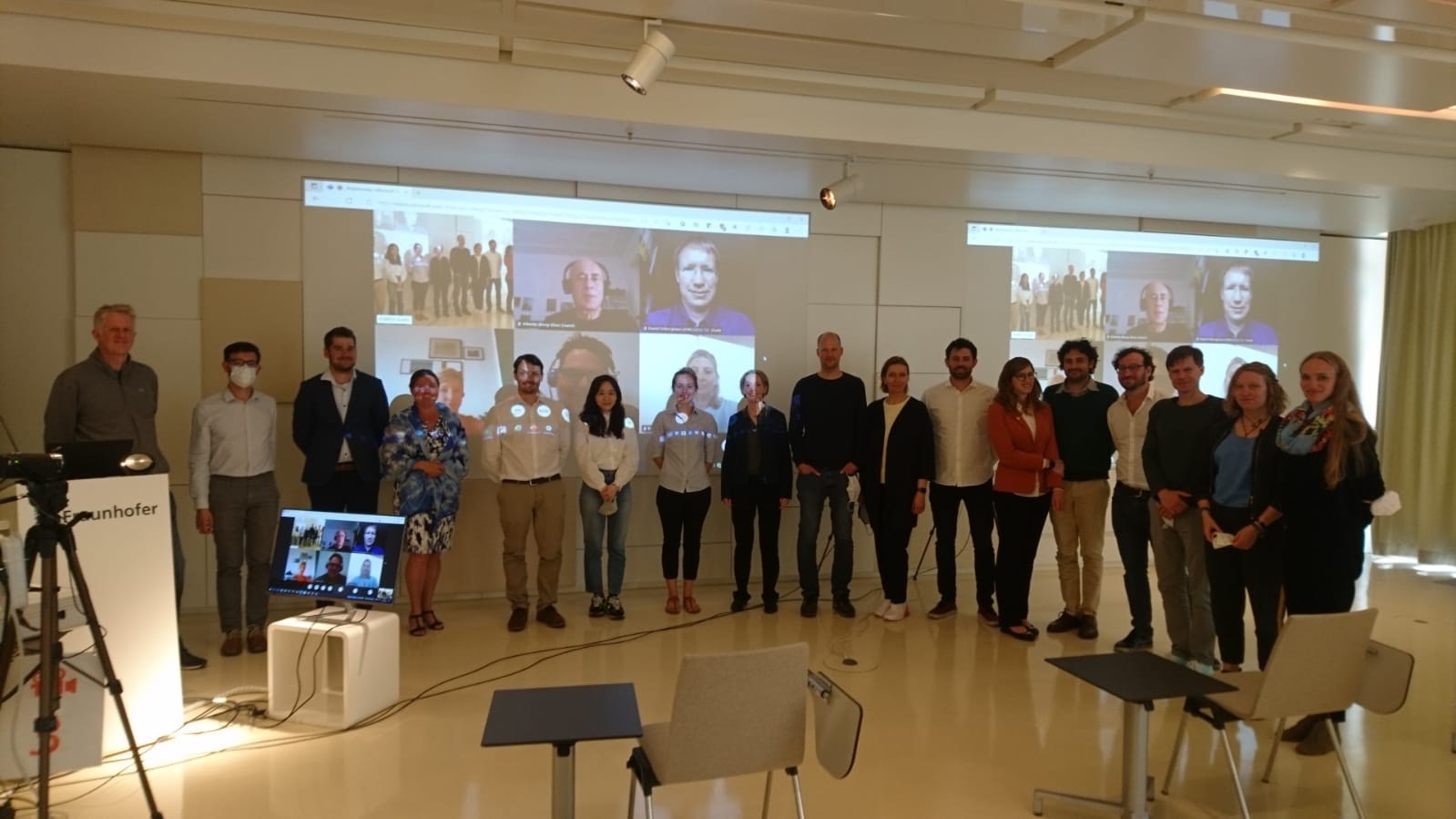RiskPACC @ the Third European Conference on Risk Perception, Behavior, Management and Response.
On Monday and Tuesday 13 and 14 June, RiskPACC participated in the Third European Conference on Risk Perception, Behavior, Management and Response.
The Conference, organized at the Fraunhofer Forum in Berlin, saw the presence and participation of various experts in the sector from all over Europe.
The first day opened with a presentation by Joseph Cullen of The Tavistock Institute and member of the H2020 Project RESILOC, from the title “Community-based survey adaptive behavior model of resilience”.
In the afternoon the Conference continued with a session moderated by Christian Kuhlicke from UFZ Helmholtz Center for Environmental Research (Germany), regarding on implementing theories in risk perception and behavior research.
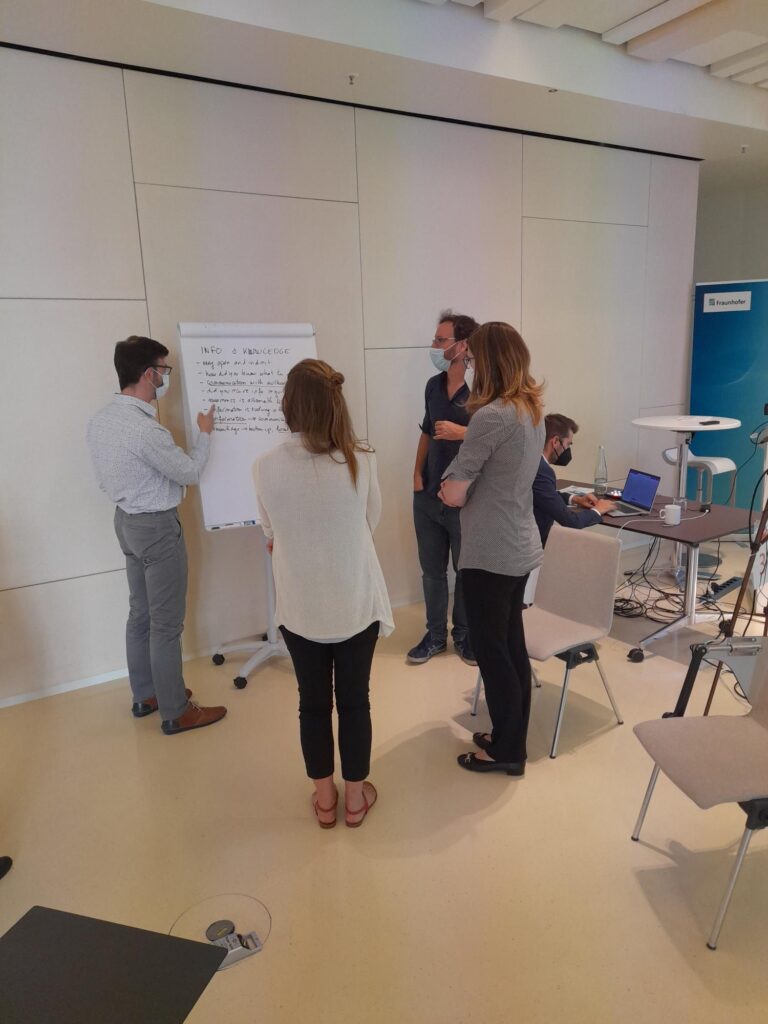
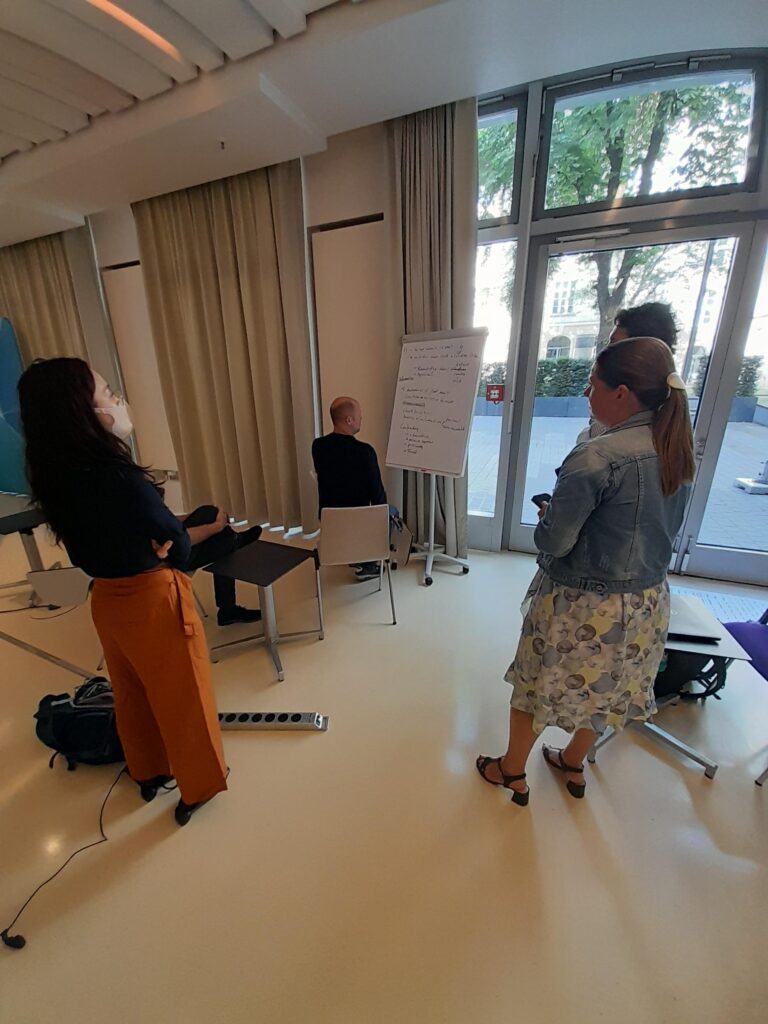
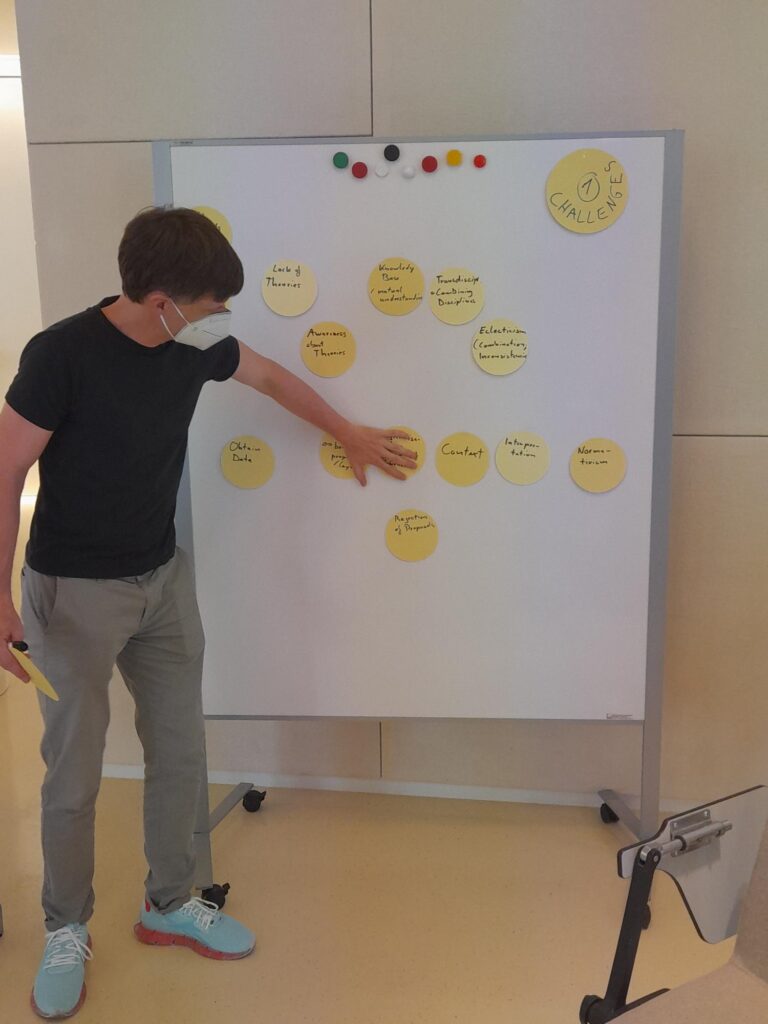
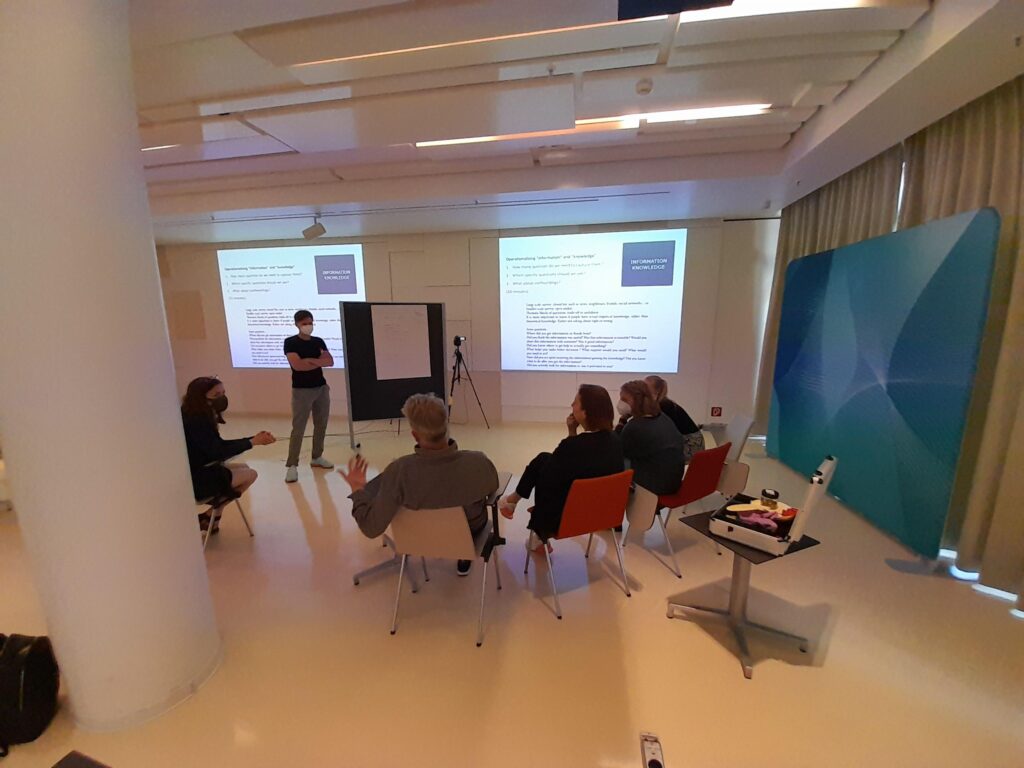
Samuel Rufat, from CY Cergy Paris University and from Risk-SoS, co-organiser of the Conference, leaded the last session of the day with a workshop in how to build a common risk perception and adaptive behavior questionnaire.
The second day of the conference started with presentations of three H2020 projects: ENGAGE, CORE and RiskPACC.
Selby Knudsen from Trilateral Research and responsible of RiskPACC’s Work Package 1 presented the “Risk Perception Action Gap: Two-way communication in risk management”, highlighting the research conducted in the first nine months of the project and the results achieved. The presentation was even focused on the lack of understanding the risk between citizens and CPAs, the communication that has to be built between them, the differences in CPA and citizen perception and the CPA activities to increase perception.
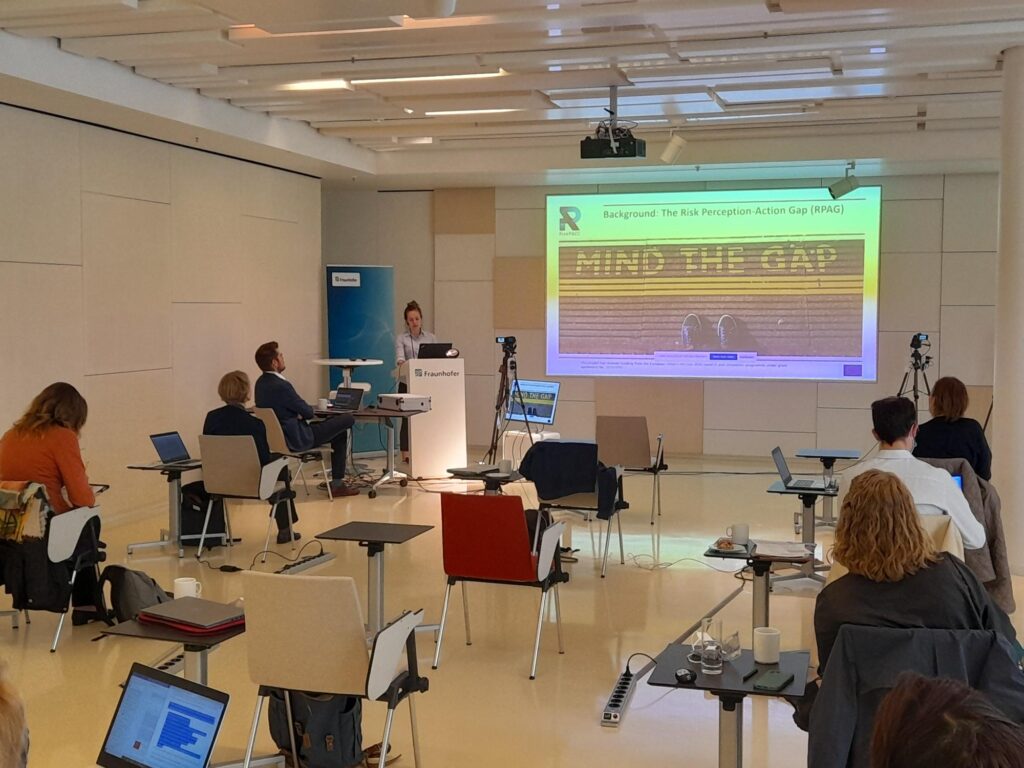
After RiskPACC session, Philip Bubeck from University of Potsdam, conducted a workshop about how surveying people at risk on warnings and communication after the 2021 flood in Germany, while Paola Fontanella Pisa from UNU-EHS and Eurac Research gave a presentation regarding how surveying disaster risk perception and climate change adaptation in global mountain regions.
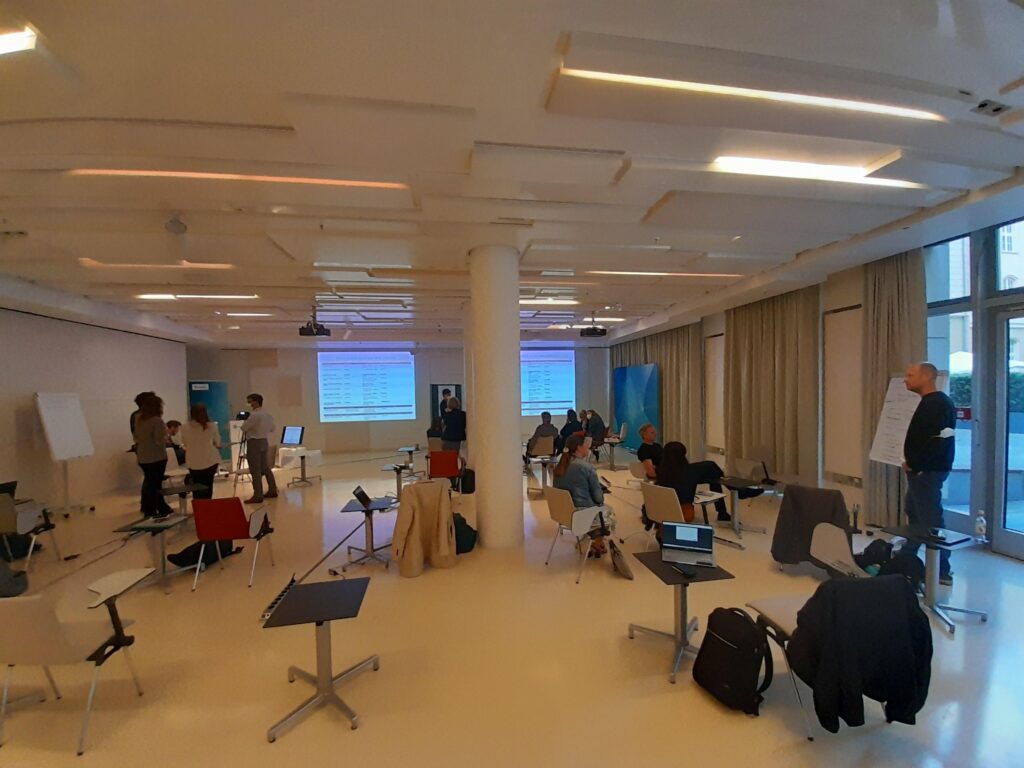
The afternoon session, leaded by Anna Sophie Hahne from The Tavistock Institute, started with a workshop in how to build an adaptation questionnaire, to then conclude with a workshop dedicated to how develop collective recommendations conducted by Alexander Fekete from TH Köln (Germany).

